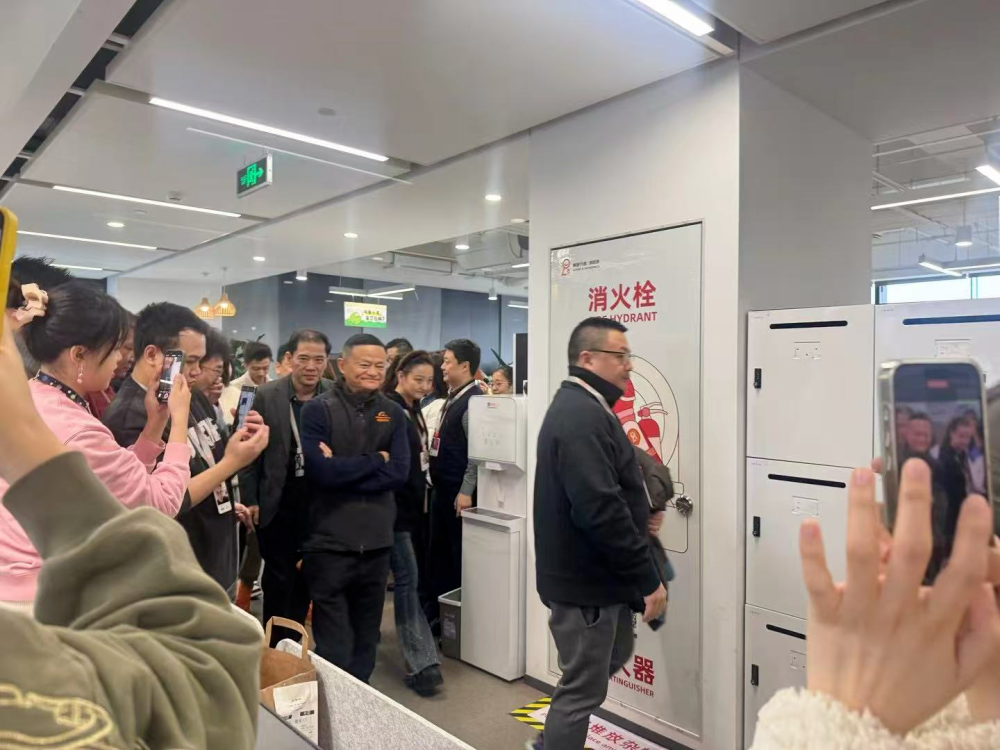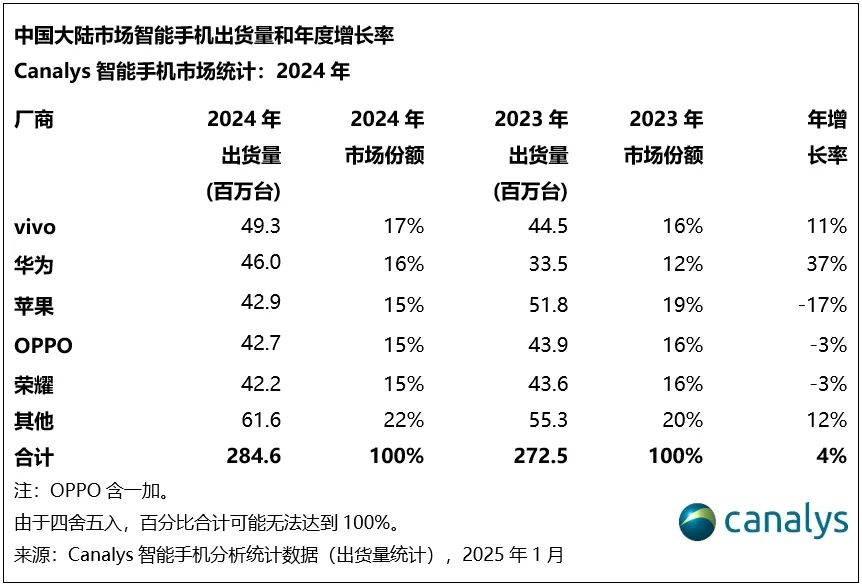Article source: Silicon-Based Research Laboratory
 Image source: Generated by AI
Image source: Generated by AI
Apple’s much-watched “China AI adapter” finally fell to Ali.
According to The Information’s latest report, Apple has recently cooperated with Alibaba Group to implement Apple’s “Apple Intelligence” in China. The report pointed out that the two parties have now submitted their jointly developed relevant artificial intelligence functions to China’s cyberspace regulatory authorities for approval.
At present, relevant policies and regulations on the filing and approval of AI products in China include the “Interim Measures for the Management of Generative Artificial Intelligence Services”,”Regulations on the Management of Algorithm Recommendation for Internet Information Services”,”Regulations on the Management of Deep Synthesis of Internet Information Services”, etc. A relevant person familiar with the filing and approval of large models told the “Silicon-Based Research Laboratory” that before AI products and services are launched, companies mainly need to file algorithms and pass security assessments. Judging from the approval process, It needs to go through local preliminary examination and central final examination.
According to this progress, the cooperation between Apple and Ali has achieved a critical implementation. According to Cook’s previous telephone conference,”AI is expected to be launched in China in April this year.” This also means that the AI iPhone equipped with domestic AI models has a promising timetable for entering the market.
Seems to be some kind of coincidence.
Before the news came out, Jack Ma, the always low-key founder of Alibaba, suddenly “flashed” in Alibaba’s Hangzhou Park. Moving forward, his most critical judgment on Ali and future business changes is still “AI”-“AI will change everything, but this does not mean that AI can decide everything. Technology is important, but what really determines the outcome of the future is what we do today for this upcoming era that is truly valuable and unique.” Ma Yun said.

It is no accident that Apple chose Ali.
In fact, starting from 2023, Apple has begun to test different domestic models. No fewer than seven companies have reported “marriage” with Apple, including major manufacturers such as Baidu and ByteDance, as well as major model companies such as Baichuan Intelligence, Dark Side of the Moon and Deepseek, but none of them have been achieved. Before the news broke, some industry insiders mentioned that there were not many options left for Apple.
Ali’s joining hands with Apple is not the so-called “cutting Hu”–In the competition for China’s big models, Ali used the logic of “cloud + model + application” to miss almost every key node, whether it is underlying model capabilities, open source ecosystem construction or foreign investment.

The cooperation between Apple and Ali is not surprising.
According to The Information previously reported that Apple chose Baidu as its main partner last year. However, since Baidu’s progress in developing a model for “Apple Intelligence” did not meet Apple standards, cooperation faced challenges. Apple also considered DeepSeek, but eventually gave up Cooperation with the DeepSeek team.
To understand why Apple chose “Ali is not surprised”, we must first understand the so-called “what are Apple standards?”
The first is the underlying model capabilities.When evaluating multiple domestic AI models, Apple’s goal is to find a large model that better understands the intentions of Apple’s end-side devices-the large model can provide targeted and personalized answers based on users ‘iPhone usage and provide customized services., this poses greater challenges to the development and engineering capabilities of domestic model manufacturers (such as building high-quality data sets).
For Ali, facing the C-terminal, on the one hand, it is familiar with users ‘shopping and payment habits and has more data; on the other hand, among the domestic models, the basic model capabilities of the Ali Tongyi Model have also attracted attention.
Secondly, the response speed and experience in serving major customers are also the advantages of large manufacturers and the disadvantages of startups like DeepSeek.
Moreover, the good reputation and brand impression for users and developers are due to Alibaba Cloud’s insistence on open source and the group’s “return to user value.”
Finally, there is also the understanding of ecology.This may also be the reason why Apple has not joined hands with Tencent. The two closed ecosystems are destined to face more games. In contrast, the relationship between Apple and Ali is much more “purely friendly”.
Model capabilities, advantages from large factories, good reputation and ecological understanding, Ali is Apple’s best choice.

Judging from the impact of the cooperation, Alibaba is undoubtedly the one who has benefited the most. After announcing the cooperation news, Alibaba’s share price rose accordingly.
For Ali, there are three opportunities for a “marriage” with Apple:The first is to endorse its technology and brand, and the second is to collaborate with its Alibaba Cloud to promote the increase of cloud computing market share. The third is the entry value. Taking advantage of Apple’s hardware entrances and scenarios to further optimize model performance, it is expected to derive a new business model.
For Apple, responding to competition from domestic mobile phone brands such as Huawei and cooperating with Ali is also a response to a more intense localization war. Using AI phones that are not castrated has been under pressure to alleviate its China market.
We mentioned in “Cook’s Year of the Snake Has No Good Start” that the first task that Apple and Cook need to clarify is to defend the China market.
According to data released by agency Canalys, in the the mainland of China market, in the past year, based on shipments,Vivo ranked first with a 17% share, followed by Huawei, and Apple ranked only third. Using localized “Apple Intelligence” to leverage the China market is undoubtedly what Cook wants to see.

With the entry of “Apple + Ali”, domestic AI mobile phones are expected to usher in a new round of “camp war” in 2025. Samsung previously announced that its latest mobile phone, the Galaxy S25, will be based on Intelligent AI’s Agentic GLM model capabilities. Xiaomi has previously reached cooperation with Byte Bean Bag.

Although the cooperation between Apple and Ali seems to be a match made in heaven, the deep integration of the two ecosystems may also face many challenges.
For example, Apple’s requirements for end-side AI are extremely strict. According to Alibaba Cloud’s March 2024 technical white paper, Tongyi Qianwen compressed the parameter quantity from 7B to 2.2B through structured pruning (a 68% reduction). However, according to measured data from Geek Park, its FP16 precision model consumes 2.1GB of memory on the iPhone 15 Pro. The Heart of the Machine test shows that the first round of reasoning delay is 0.62 seconds, which is still higher than Apple’s Core ML recommendation standard (≤1.5GB/≤0.4 seconds).
For example, how to balance the respective ecology of the Ali system and the Apple system. When you want to turn on the lights with voice, the Tmall Elf and Siri may also “compete for work”-for example, if you shout “Turn on the living room lights”, the mobile phone will have to decide in half a second whether to listen to the Tmall Elf or Siri. This kind of secret battle of “whoever responds quickly” can also be seen as a technical race between the two companies for control of smart homes in the future.
Back in 2014, when Ma Yun talked about his first meeting with Cook, he commented on Cook like this: “I have a good impression and I feel very sorry for Cook.” When talking about the cooperation with Apple at that time, Ma Yun said this: “We must find a way to cooperate more and compete less. If two elephants fight, it will definitely affect other animals on the side.”
Ten years later, in the ever-changing AI world, the value of this sentence is still rising.



